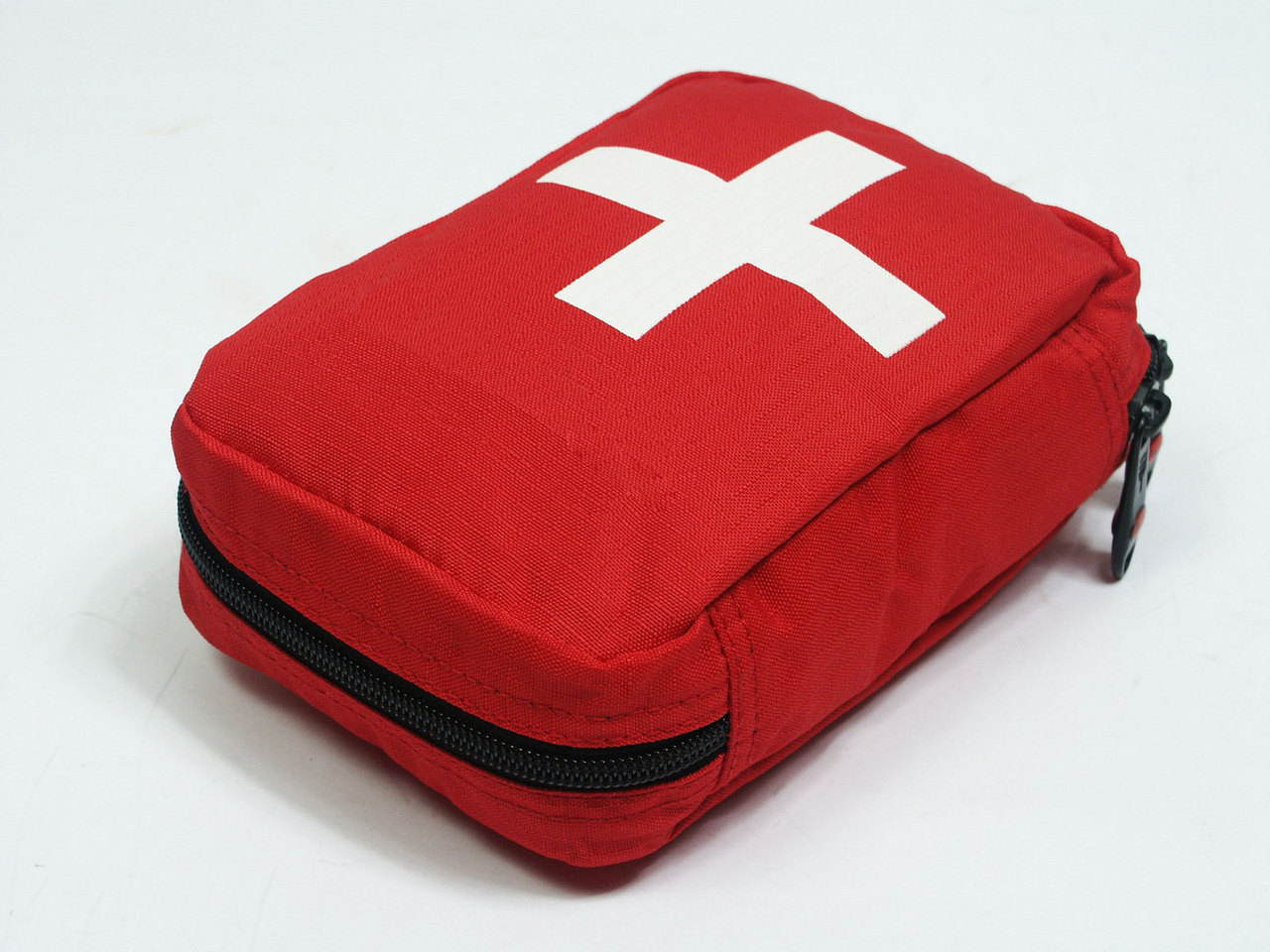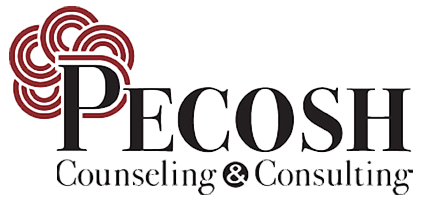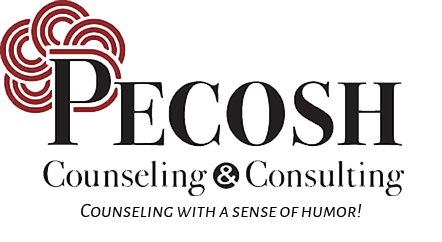What Wound Do You Bear?

 At any given moment, most counselors have someone on their caseload about whom they wonder, “Am I helping her?”
At any given moment, most counselors have someone on their caseload about whom they wonder, “Am I helping her?”
You may be surprised to learn that counselors–even very seasoned, talented ones–can feel inadequate at times. We wonder how we can be more helpful. We search for the right words to say or the right technique to to help a client to think differently, feel better, act in a new way.
Sometimes we see people suffering, and we want so desperately to ease their pain. By far and away, the most challenging cases I have are not marriage counseling clients (that’s a close second!); my biggest challenges are in working with people who have experienced a loss, or who have been wronged or hurt by a loved one.
Emotional pain can cut as hard as a gash to our bodies; it can feel like a wound to our soul.
The difference between an emotional hurt and a physical wound is that we can often decide how deep our emotional wound will be, or, failing that, we can dictate our response to it.
There are three types of emotional wounds, much like the physical variety: boo-boos, scars, and life-altering.
The first is the least serious; this is a hurt of the boo-boo variety. We all get boo-boos once in a while. At any given moment, I usually have a few scratches on my hands or arms from my bad cat, Brutus, who likes to play rough. The boo-boos hurt when first inflicted, but quickly fade and are soon forgotten. Emotional boo-boos may be the fight that ends with an apology, the unkind word that is said but forgiven, the time you were disappointed but got over it.
Next we have the type of wound that heals, but leaves a scar. I’ve got a good one on my left foot from the time as kid that I accidentally stuck myself with a hatchet (long story) and another on my right hand from when I pledged a fraternity in college (an even longer story). The initial pain was intense–however, over time, I healed. But a scar formed, and I bear it forever. It doesn’t hurt to touch, but I’ll be forever reminded of what gave me that scar.
Emotional hurts that scar could be the infidelity of a partner, the betrayal by a friend, the abusive relationship, or the terrible things your addicted adult son did. The pain has healed, but it has left a scar–it can’t be forgotten.
And finally there is the life-altering type of physical wound. The solider who loses a leg in the war. The woman who is paralyzed in an accident. Nothing will ever be the same for them–the leg will never grow back, she will never walk again. In my experience, life-altering emotional wounds come from a significant loss, such as when a parent loses a child. There was life before he died–and then life every day since.
However, just as we wouldn’t say to that solider or that paraplegic, “Just lay on the couch for the rest of your life,” we wouldn’t let someone who has a life-altering emotional wound wither up and wait to die. We would expect the solider to do the best he can with a prosthetic limb; we would teach the paralyzed woman to use a wheelchair.
In short, we would expect them to adapt. And that is how we can live with a life-altering event: we adapt to life as it is now. If you’ve experienced a life-altering emotional wound, the watchword for you is “adaptation.”
Sometimes that process can be figured out on your own; sometimes friends and family can help you along the way. And sometimes, a trained professional is best suited to help you to adapt to your loss.
If you’ve experienced a serious emotional wound, perhaps you could benefit from speaking to a counselor, someone Carl Jung referred to as a “wounded healer.” Share your pain with us, and we’ll share our scars with you.
Nunc coepi

